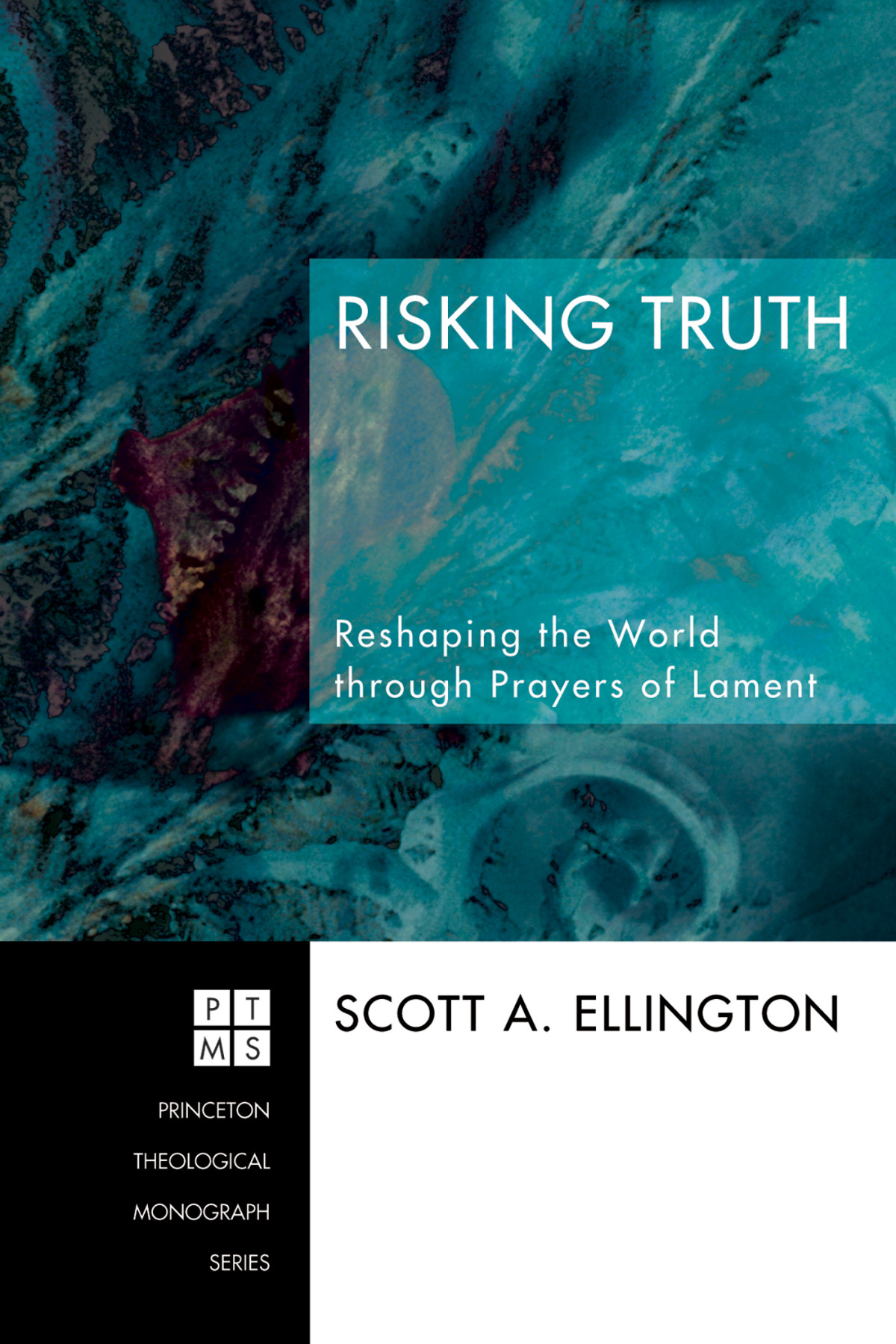

Most ebook files are in PDF format, so you can easily read them using various software such as Foxit Reader or directly on the Google Chrome browser.
Some ebook files are released by publishers in other formats such as .awz, .mobi, .epub, .fb2, etc. You may need to install specific software to read these formats on mobile/PC, such as Calibre.
Please read the tutorial at this link: https://ebookbell.com/faq
We offer FREE conversion to the popular formats you request; however, this may take some time. Therefore, right after payment, please email us, and we will try to provide the service as quickly as possible.
For some exceptional file formats or broken links (if any), please refrain from opening any disputes. Instead, email us first, and we will try to assist within a maximum of 6 hours.
EbookBell Team

4.1
90 reviewsOurs is a world characterized by change. Often the most fundamental changes in our lives result from experiences of profound suffering and loss as we are wrenched from our familiar world and driven into one that is alien. In the midst of such loss, we are compelled to choose between trying to cling to the remnants of a reality that is passing away and trying to make a home in a strange new world. Biblical prayers of lament wait for us at this crossroad of loss and newness.
Prayers of lament are marked both by loss and by the inexplicable silence of God. Everything we believe about God's justice and goodness is placed in doubt by his hiddenness. The cry of lament is an act of tremendous risk. To lament is to abandon the sinking ship of religious certainty and strike out in a small dingy, amidst stormy seas, in search of a hidden God.
Faced with God's silence, the biblical writers are willing to place at risk their most fundamental beliefs and to lament. The Psalm writers risk the loss of the Exodus story by crying out to a God who has failed to save, demanding that he once more part the chaotic waters and make a way in the desert. Job risks the loss of a moral God by confronting God with his injustice. Jeremiah risks the loss of the covenant by calling out for God to return yet again to a faithless partner and a failed marriage. Matthew and John the Revelator recognize that the coming of Messiah is impelled by the cries of innocent sufferers. Throughout the Bible, lament risks the possible loss of relationship with God and presses for a new, though uncertain, experience of God's presence.